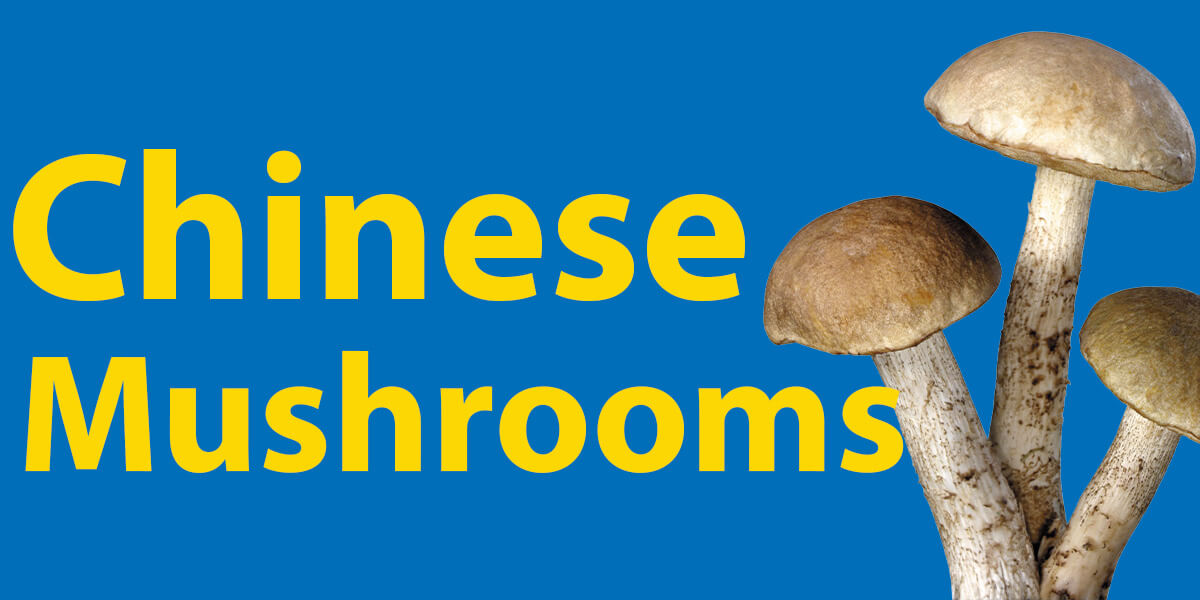How to Talk About Feelings in Chinese
Time to talk about our feelings in Chinese.
Talking about our emotions in Chinese is not always comfortable, BUT it’s something we all have to do from time to time.
Feelings in Chinese 感受 gǎn shòu.
Before we get started, be sure to check out our other vocabulary blogs:
These articles only scratch the surface of our entire collection of vocabulary blogs.
Get emails with vocabulary, helpful apps and information on China, Taiwan, and Singapore sent directly to your inbox.
To express your emotions in Chinese, you can start by saying: ‘I today very (feeling)’ 我今天很 wǒ jīntiān hěn.
Although 很 literally means very, we use this often to link adjectives. In Chinese we do not say 我今天开心, the 很 must be included to make…
我今天很开心 wǒ jīntiān hěn kāixīn
I today very happy

Another thing to remember is, just like in English, where you can be un-happy or un-well.
Likewise, you can add 不 bù to the beginning of your feelings in Chinese.
Example…
Max was not happy Yesterday:
马克斯 (mǎ kè sī) 昨天 (zuótiān) 不开心 (bù kāixīn)
Be sure to use our Chinese names generator so you can find out your name in Chinese.
We have a vast database of names, and we get our Chinese teachers to help translate titles when they’re not in our system.
Skip ahead to the feelings in Chinese you want to learn first:
⬇️⬇️⬇️ 20 Feelings in Chinese Quiz ⬇️⬇️⬇️

67 Opposites in Chinese | The Ultimate Guide
Opposites in Chinese | The Simple Chinese Opposite Words Dictionary A great way to improve your Chinese vocabulary is to learn opposites in Chinese. If that is your goal then you’ve come to the right place! Opposites in Chinese is…
Positive Feelings in Chinese

Let’s start on the right note and learn how to express our positive feelings in Chinese. The default response to how are you feeling is probably going to be good or happy?
- I’m good: 我很好 wǒ hěn hǎo
- Happy 开心/高兴 kāixīn or gāoxìng
Here are 10 more positive feelings in Chinese:
| Feeling | Characters | Pinyin |
|---|---|---|
| Brave | 勇敢 | yǒnggǎn |
| Carefree | 无忧无虑 | wú yōu wú lǜ |
| Comfortable | 舒服 | shū fu |
| Confident | 自信 | zìxìn |
| Excited | 兴奋 | xīngfèn |
| Glad | 欢乐 | huān lè |
| Grateful | 感激的 | gǎnjīde |
| Healthy | 健康 | jiànkāng |
| Hopeful | 希望 | xī wàng |
| Passionate | 热情 | rè qíng |








Negative Feelings in Chinese

Conversely, if you’re not feeling great, saying “I’m not good” or “I’m unhappy” would be the default response if you’re not feeling great.
- 我不好 wǒ bù hǎo
- Unhappy 不开心/不高兴 bù kāi xīn or bù gāo xìng
Here are 19 more ways to express negative feelings in Chinese.
| Feeling | Characters | Pinyin |
|---|---|---|
| Angry | 生气 / 愤怒 | shēngqì / fènnù |
| Annoyed | 恼火 | nǎo huǒ |
| Anxious | 焦虑 | jiāo lǜ |
| Ashamed | 惭愧 | cán kuì |
| Bitter | 愤恨 | fènhèn |
| Depressed | 压抑的 | yāyì de |
| Disappointed | 失望 | shīwàng |
| Discomfort | 不舒服 | bù shū fú |
| Embarrassed | 尴尬 | gān gà |
| Furious | 暴怒 / 狂怒 | bào nù / kuáng nù |
| Homesick | 想家 | xiǎng jiā |
| Nervous | 紧张 | jǐn zhāng |
| Panic | 惊慌 | jīng huāng |
| Regretful | 后悔 / 遗憾 | hòu huǐ / yí hàn |
| Sad | 悲伤 | bēi shāng |
| Scared | 害怕的 | hàipà de |
| Unlucky | 倒霉 | dǎo méi |
| Weak | 体弱 | tǐ ruò |
| Worried | 担心 / 忧虑 | dān xīn / yōu lǜ |










Neutral Feelings in Chinese

Last but not least here are the feelings in Chinese that aren’t necessarily positive or negative, but, will certainly help you express yourself.
| Feeling | Characters | Pinyin |
|---|---|---|
| Bored | 厌烦 | yàn fán |
| Competitive | 有竞争力 | yǒu jìngzhēng lì |
| Hungry | 饿 | è |
| Lazy | 懒 | lǎn |
| Obsessed | 痴迷 | chīmí |
| Preoccupied | 全神贯注的 | quánshén guànzhù de |
| Shy | 害羞 / 腼腆 | hàixiū / miǎn tiǎn |
| Sleepy | 感到困倦 | gǎn dào kùn juàn |
| Thirsty | 渴 | kě |
| Tired | 疲劳 | pí láo |
| Uncertain | 不确定 | bù què dìng |








There we have it, positive, negative and neutral feelings in Chinese for you to really boost your Chinese vocabulary!
What’s your favourite? How are you feeling today? Tell us below. Perhaps we missed your favourite word out? Let us know and we’ll add it!
The Feelings Quiz
Feelings – Q&A
I’m (feeling) happy: 我挺好的 wǒ tǐng hǎo de
I’m (feeling) sad: 我有些难过 wǒ yǒuxiē nánguò
I’m (feeling) hungry: 我饿了 wǒ è le
I’m (feeling) tired: 我累了 wǒ lèile
Want More From LTL?
If you wish to hear more from LTL Mandarin School, why not join our mailing list. We give plenty of handy information on learning Chinese, useful apps to learn the language and everything going on at our LTL schools! Sign up below and become part of our ever-growing community!


 Hi, my name is Greta. I am from Italy and I work as a student advisor. Please contact me if you wish to come and study with us!
Hi, my name is Greta. I am from Italy and I work as a student advisor. Please contact me if you wish to come and study with us!








